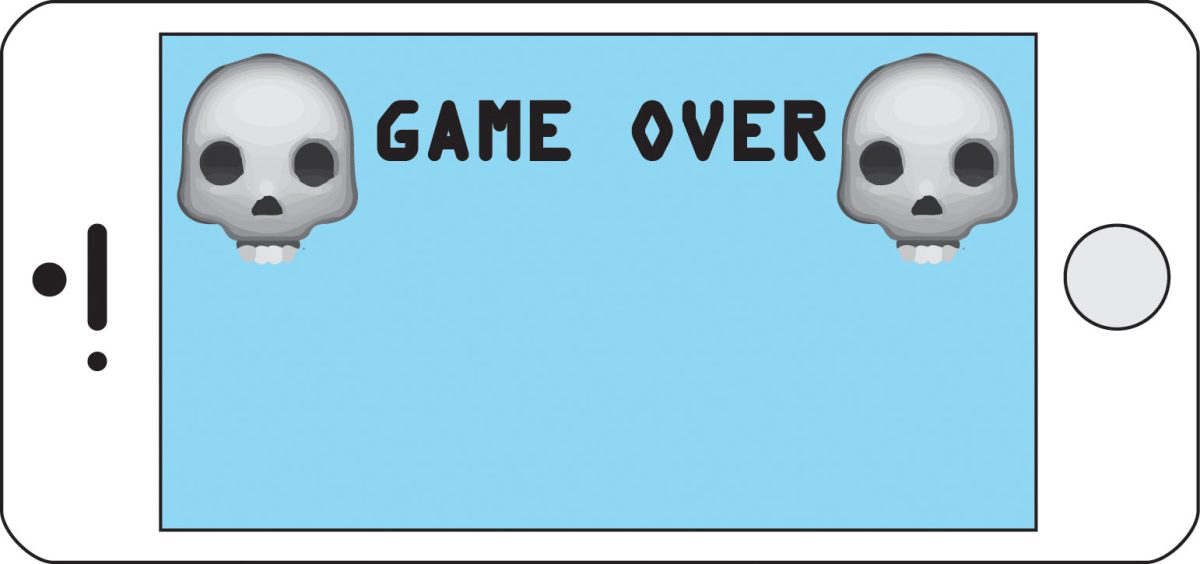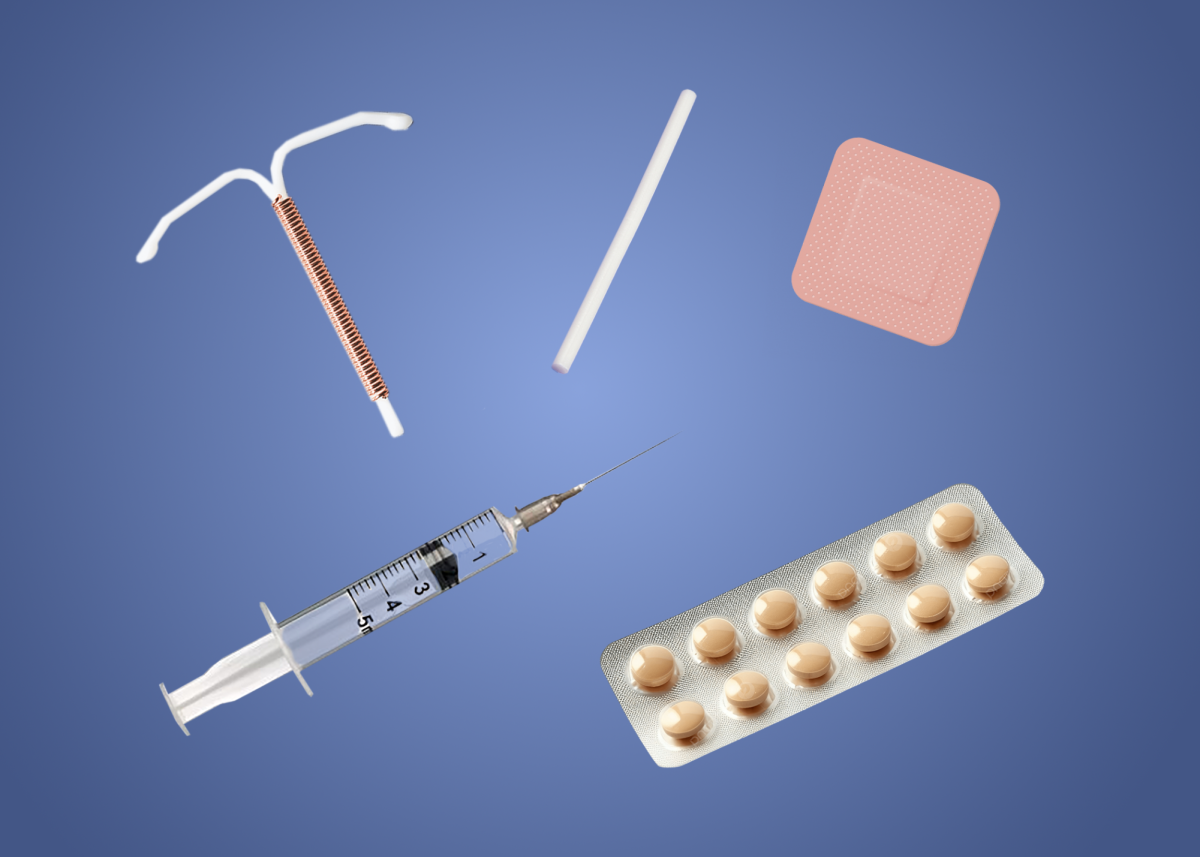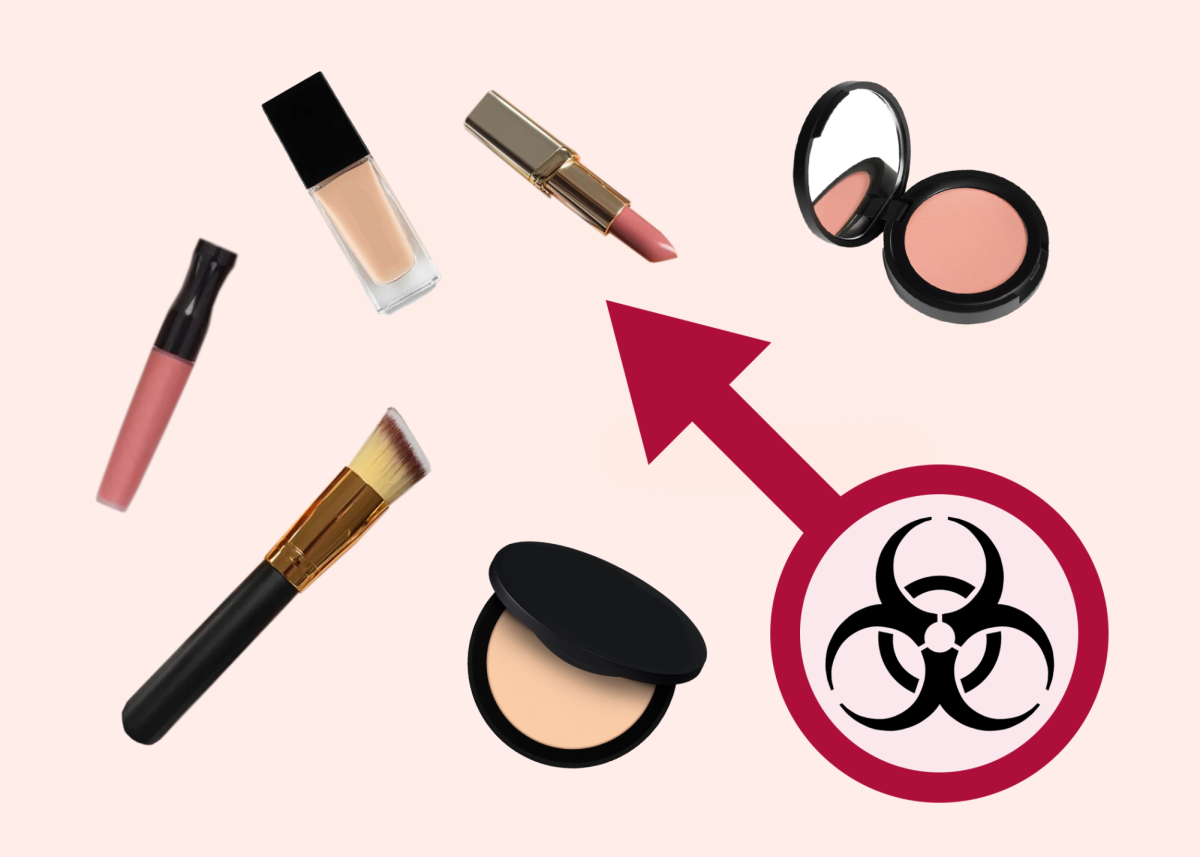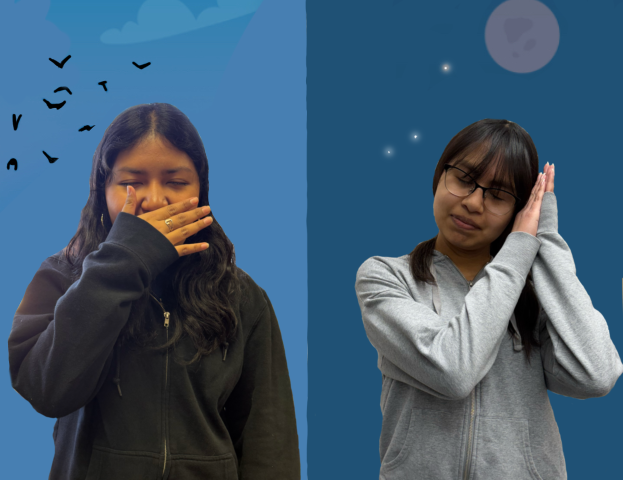Phones and the health defaults when we let them control us
Let me paint the scene; the school bell just rang and you walk over to where you get picked up. Your mom pulls up and you get in the car, smile and say “hi.” Then the moment comes, you feel your phone start to vibrate and can feel your curiosity increasing. Your instant reaction is to pull it out and anxiously look at the notification. Within a split second your focus has evolved from talking to your mom to being on your phone. Next thing you know, you’re in your driveway. A whole car ride just went by and the only words spoken were “hi.” Although technology is great and comes with a lot of positives, it also comes with a fine line of consuming all of our attention.
When this line is crossed it becomes a disease that plagues our lives, it breaks into our relationships and isolates us.
Ninety-five percent of teenagers in America have access to some kind of electronic device, according to the Pew Research Center, and let’s be honest, we all use them a little more than we should. We all secretly keep our phones under the table at dinner so that we d on’t miss anything. We all go through the daily schedule of checking Instagram, then Facebook, and then snapchat. Every time we slide our fingers across the screen, we immerse ourselves into our own little world where we’re left with our own thoughts and all the power to control what we say to one another and what we post. With one simple little slide of the finger, we enter a place where everything we say or the way we look is completely determined by us. But what we don’t know is the side effects of traveling to this little world too often.
on’t miss anything. We all go through the daily schedule of checking Instagram, then Facebook, and then snapchat. Every time we slide our fingers across the screen, we immerse ourselves into our own little world where we’re left with our own thoughts and all the power to control what we say to one another and what we post. With one simple little slide of the finger, we enter a place where everything we say or the way we look is completely determined by us. But what we don’t know is the side effects of traveling to this little world too often.
With the use of technology comes a lot of health issues, physically. When we use our phone too much we become 50 percent more likely to develop brain cancer. It’s calculated that for every 60 seconds we spend talking on the phone, our brains receive 220 electromagnetic impulses, according to the U.S. Government. Although it may not seem like a lot, in the long run it’s enough to create some serious damage. Now for those of you who are texters, don’t worry, you aren’t excluded from the health issues at hand. It turns out, reading texts, or looking at photos on instagram can cause strain on your eyes resulting in problems with eyesight and intense headaches, according to FYI Living. As if this isn’t enough, overuse of phones can steal away our sleep. It’s estimated that teenagers alone waste an average of four hours a night after they’ve gone to bed, according to NBC News. Four hours a night!
Not only are there physical health benefits, but also emotional and social ones. We are social creatures; we need relationships with others, and Facebook friends don’t count, according to the Federal Communications Commission. We need real interaction with people. We need those moments of uncontrollable laughter and moments of opening up to one another. However, overusing our phones reduce s these moments. Opening up this little world of ours isolates us; resulting in depression and a constant feeling of inescapable loneliness. When we use our phones too much we begin to talk less with one another personally and resort to texting instead. Which leads to a fear and uneasiness about face to face contact. Relationally, when we dive into this little world we seem to lose our hearing. We miss out on conversations and talking to the people around us. We miss the opportunities to invest in our loved ones. According to psychologist Linda Henkel, “when we count on these external memory devices, we are taking away from the kind of mental cognitive process that might actually help us remember stuff later.” When we live our moments through the camera on our phones we may be thinking that it will help us remember that moment later on, but actually you’re missing out on those moments because you’re more focused on your camera, resulting in a harder time to remember that moment.
What has happened? We have bought into the lie that social media keeps us connected to the world. Sure, we may know what’s going on in other people’s lives, but it robs us of living ours. What happened to the good ole’ days when a family would sit down to dinner and actually talk about their day? Or when people would write letters to each other just to tell them how much they mean to them. What happened to the times when people met up at an ice cream parlor just to talk face to face rather than sit at home and facetime? What happened to the nights that were filled with your fathers voice as he reads “The Chronicles of Narnia,” rather than the theme music of the newest show? How many sunsets have we missed because someone commented on your instagram photo?
So, although technology brings a lot of benefits, such as easier ways to stay organized, a faster way to communicate, or an abundance of learning opportunities, it also can be destructive. It damages our physical and emotional health and takes away our relationships, gluing our eyes to the screens when we could be looking at the brilliant sunset ahead or the millions of stars above. So please put them down. Don’t cross the line of obsession. Drop the phone and invest in the people we have around us. Drop the phone and experience new things. Drop the phone and live life.







